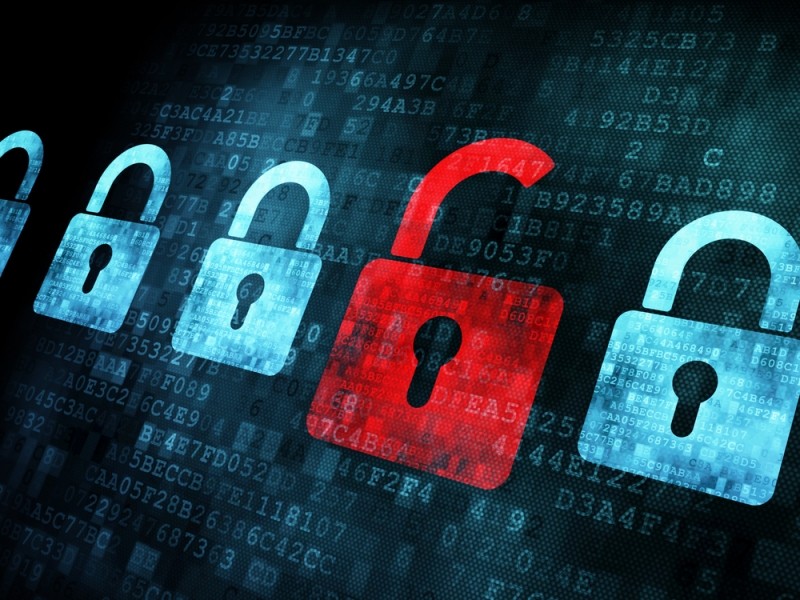Justin Kahn
Posts: 752 +6

Many of us take for granted how secure our credit card and banking information is when purchasing goodies online. Even though a retailer may have a generally good reputation, it doesn't necessarily mean it treats your private financial data with the kind of sensitivity and respect it should. A new study has surfaced that ranks how well the most popular online retailers handle your data, and you might be surprised to see who's at the bottom of the list.
The study, conducted by password management company Dashlane, uses a series of criteria to judge how well each of the world's top 100 retailers secure user passwords. The criteria consists of things like whether or not the retailer will accept insecure or weak passwords as well as how secure emails from the company containing your private data are. According to the study, between 55 and 70% of the world's top online retailers allow users to create very weak passwords, with sites like Amazon, Best Buy, Macy's and others all allowing logins after 10 incorrect attempts. Using a simple scoring system from -100 to 100, each site is ranked based on their password security policies.
While there are a number of surprising rankings on the list, one that might not be so surprising is Apple. The company was the only retailer to score a perfect 100, with the next closest being Microsoft with a 65. Next up, we see Chegg and Newegg in the third and fourth position, with a 65 and 60 respectively. Target scored a 60 as well and landed in the number 5 spot, which might be surprising to some after the company admitted that a large amount of encrypted debit card PIN data was stolen from its system during a Black Friday attack.
Some of the more worrisome rankings come from major retailers like Amazon and Walmart, who both scored a lackluster -40 on the Dashlane chart. You'll also find Toys R Us, Dick's Sporting Goods, Hulu, Disney Store and Groupon among the worst of the most popular online retailers, all of which landing a -45 or worse.
Here's a quick look at the top 10:
Apple 100
Microsoft 65
Chegg 65
Newegg 60
Target 60
Williams-Sonoma 55
CDW 50
Amway 45
Musician's Friend 45
Nike 45
…and the bottom 10:
1-800 Flowers -46
Vitacost -50
Nutrisystem -50
American Girl -50
J. Crew -55
Toys R Us -60
Aeropostale -60
Dick's Sporting Good -65
Karmaloop -70
MLB -75
Head over to Dashlane's full report for a complete look at the list.
(Image via Shutterstock)